Juanjo Giménez Peña: Timecode


The award-winning Timecode is somewhat reminiscent of Parfumerie (the play by Miklos Laszlo), just cast in a Catalan parking garage. Diego and Luna, played by Nicolas Ricchini and Lali Ayguadé, both work as parking lot security guards, but given the nature of the job, they don’t really know each other, since they only meet when they take over each other’s shifts. After an accident report obliges Luna to watch old security footage, she notices that Diego secretly likes to dance when he thinks nobody is watching, instigating a series of the two making pseudo-dance videos for each other to watch on the security camera, which they access through the use of the titular timecode. Will they enjoy each other’s company beyond the dancing? And what could happen when management finds out about it? We interviewed director Juanjo Giménez Peña.

What was it like filming inside a parking garage?
It brought out much more options than we expected. Actually in the original script, the location was meant to be an old and gloomy parking lot. But the parking garage we got offered for shooting was completely new. We took advantage of the lift installations and the moving walkways, which gave to the film an atmosphere we hadn’t intended at first, but that we thought it could match very well with the storyline. As most of the the shooting was carried out in the deepest level of the building, the isolation from the outside was greater. That enabled us to work without any distractions and to focus on the filmmaking process only.
Were there any issues using security cameras?
There were no CCTV cameras in the places we shot. In fact, all the CCTV footage is recorded with Go-Pro cameras. The security camera look is obtained processing the clips afterwards. Post-production was very laborious, it lasted a few months. The whole CCTV system was built in post-production, thanks to Toni Mena and his team, Marc Gorchs, Daniel Benavides and Toni Sola.

What was the inspiration for the story?
The story is based on a personal experience. Some years ago, while working for a big company, a colleague discovered a secret I kept, just like Luna discovers Diego’s secret in the movie. I guess that what is reflected in the film is the reaction I hoped to get from my colleague. On the other hand I always had my interest in contemporary dance as a spectator. In the mixture of these two ideas lies the source of the short.
Do you think dance helps people break down communication barriers, like it does in the film?
I can’t dance, and I only enjoy dance as a spectator. Personally I think that which helps me to communicate is filmmaking. I guess that in the same way cinema is helping me to cover my communication shortfalls, maybe others can use dance to break down those barriers.

What was it like being nominated for awards?
Timecode began its career in the best possible way, winning the Golden Palm in Cannes. Since then, it has been selected in more than 100 festivals, and it has obtained more than 60 awards. Now it’s one of the ten live action shorts in the Oscars shortlist, but we are still waiting for the 5 final nominated movies. All these awards and acknowledgments are helping to find a much larger audience than usual for a short film, which is usually restricted to the festival circuit.
What was it like working with Lali Ayguadé and Nicolas Ricchini, both of whom are classically trained dancers? Was the intention always to hire professional dancers for the parts of Luna and Diego?
I hadn’t worked with dancers before, and it has been a very rewarding experience. I wanted professional dancers from the beginning, but we didn’t go through a normal audition process. I chose them while watching a TV program about emerging choreographers and dancers in Catalonia. The moment Lali appeared on screen, and even without watching her dance, I thought immediately that she was our Luna. I contacted them right away, and it took me some days until I convinced them to accept their roles. Neither of the two had previous experience in film or theater. I was aware that I was assuming some risk, taking into account that there was no time for rehearsals, and that we shot everything during a weekend. Both Lali and Nico showed me that I was right in choosing them.

What other upcoming film projects are you working on in the near future?
We are writing a feature film. There is another short film project in the making too. But Timecode’s career still requires a lot of energy and time, so I’m combining efforts.
Tell us more about your past in filmmaking?
Timecode is my ninth short film as director. I have directed one feature film as well, and two documentaries. With my production company I have produced other filmmakers too. I’m comfortable in the two roles, director and producer, so I don’t foresee abandoning any of the two in the near future.

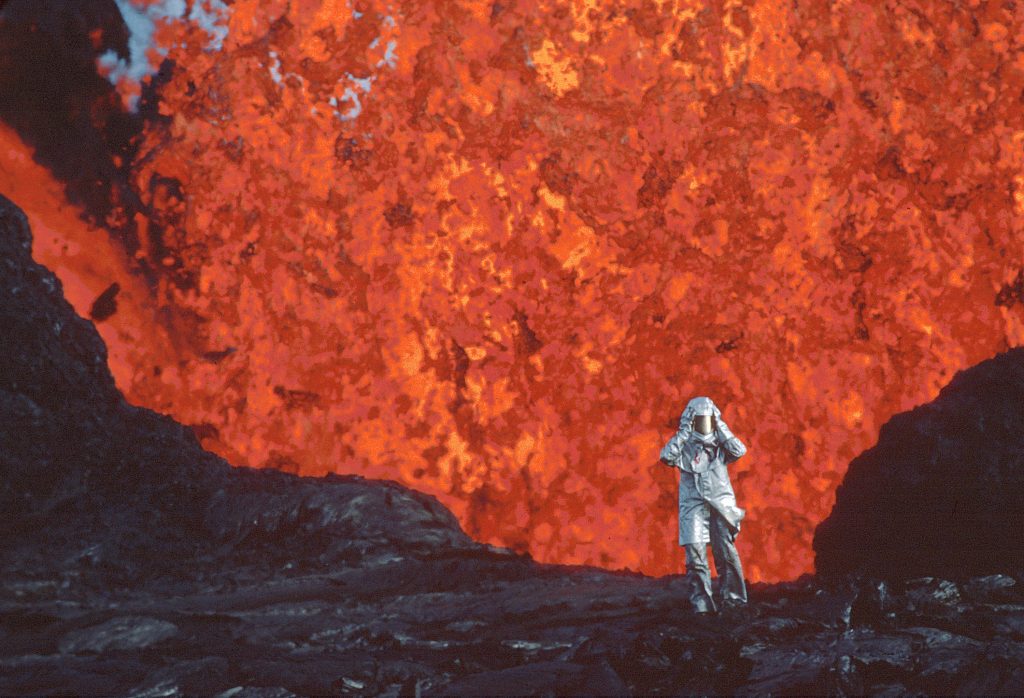
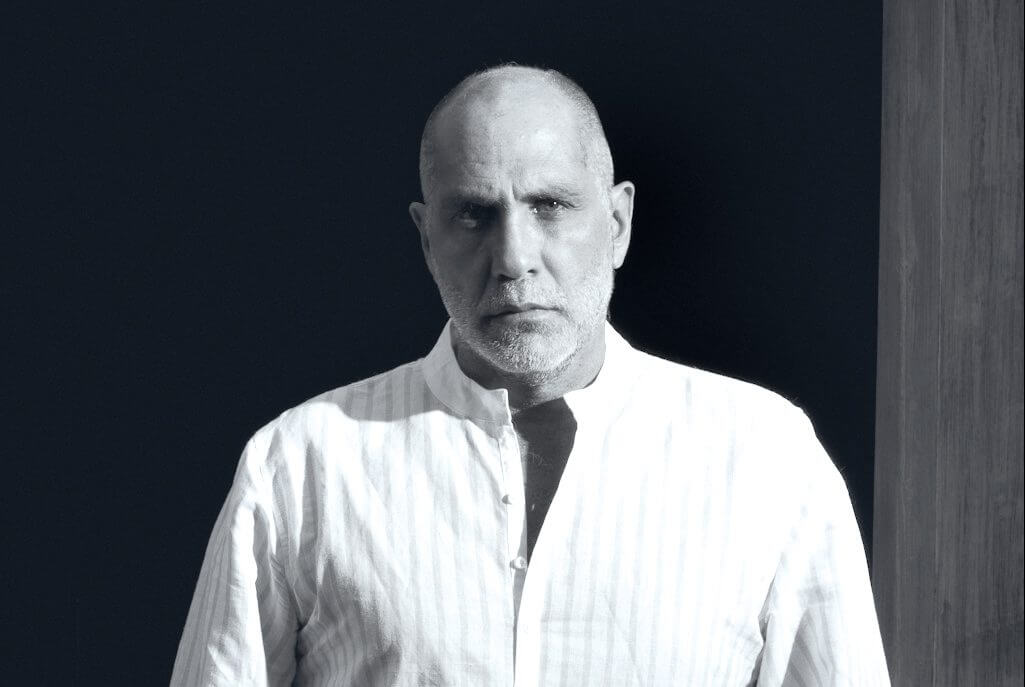
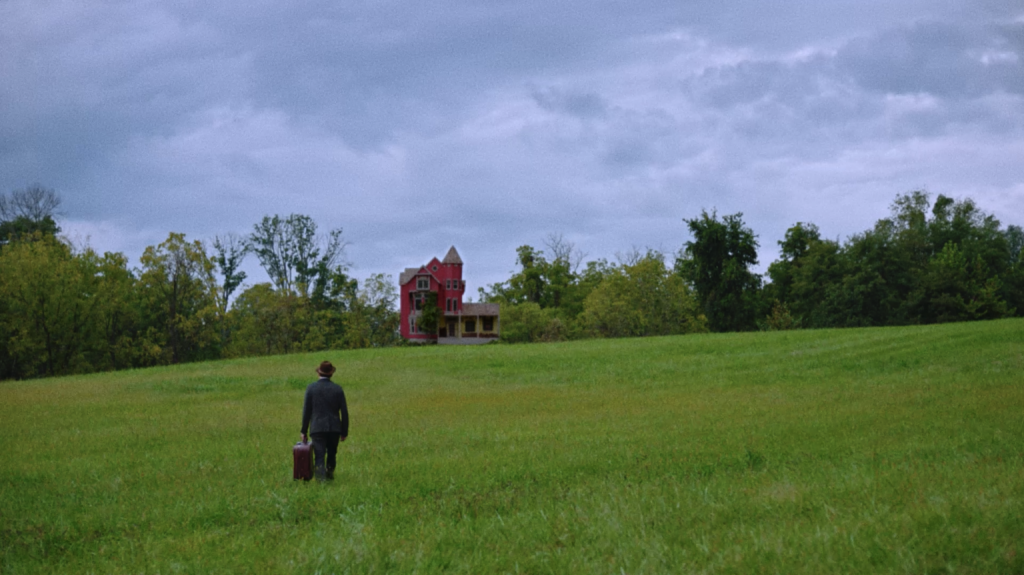
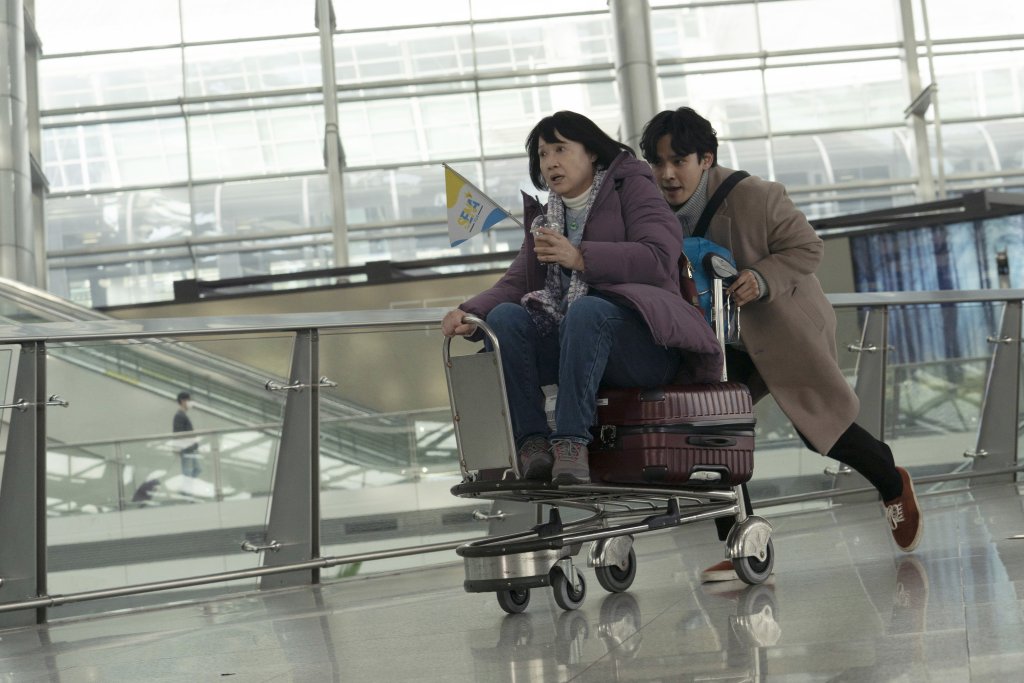
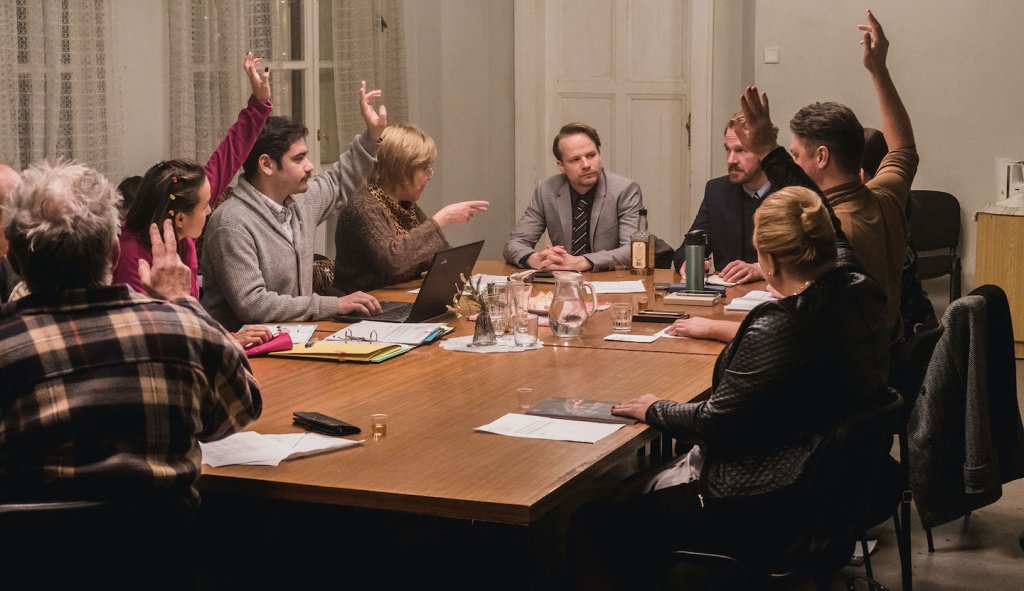
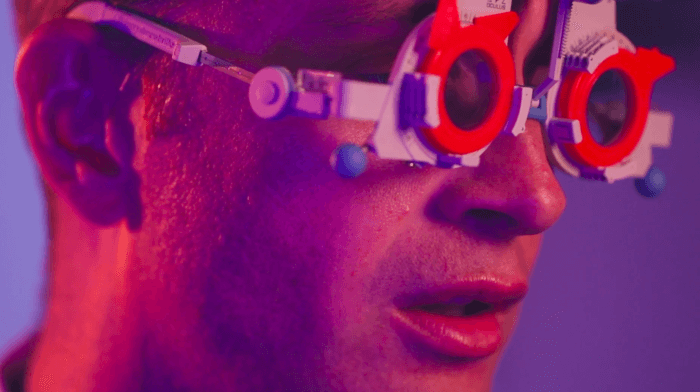
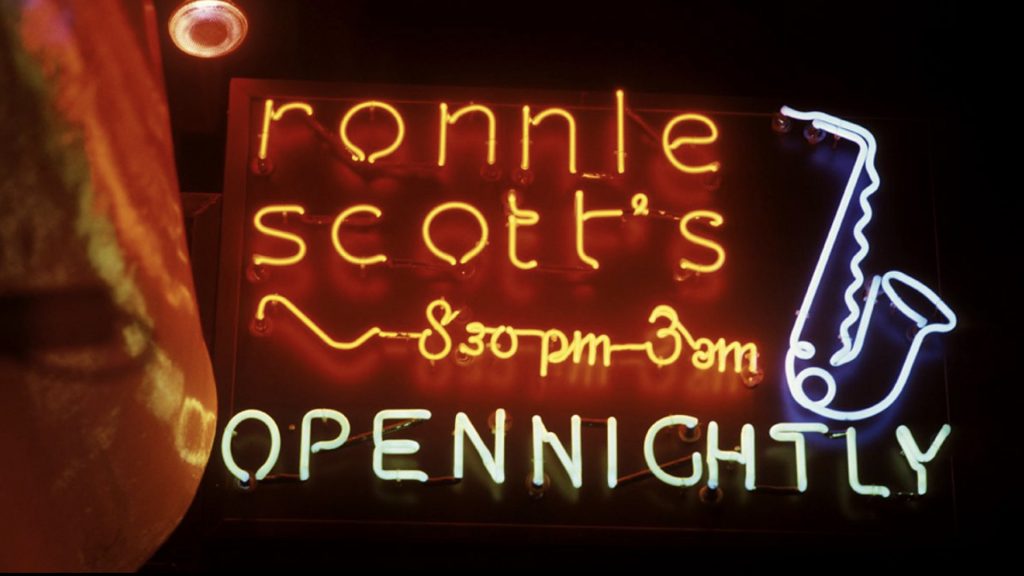

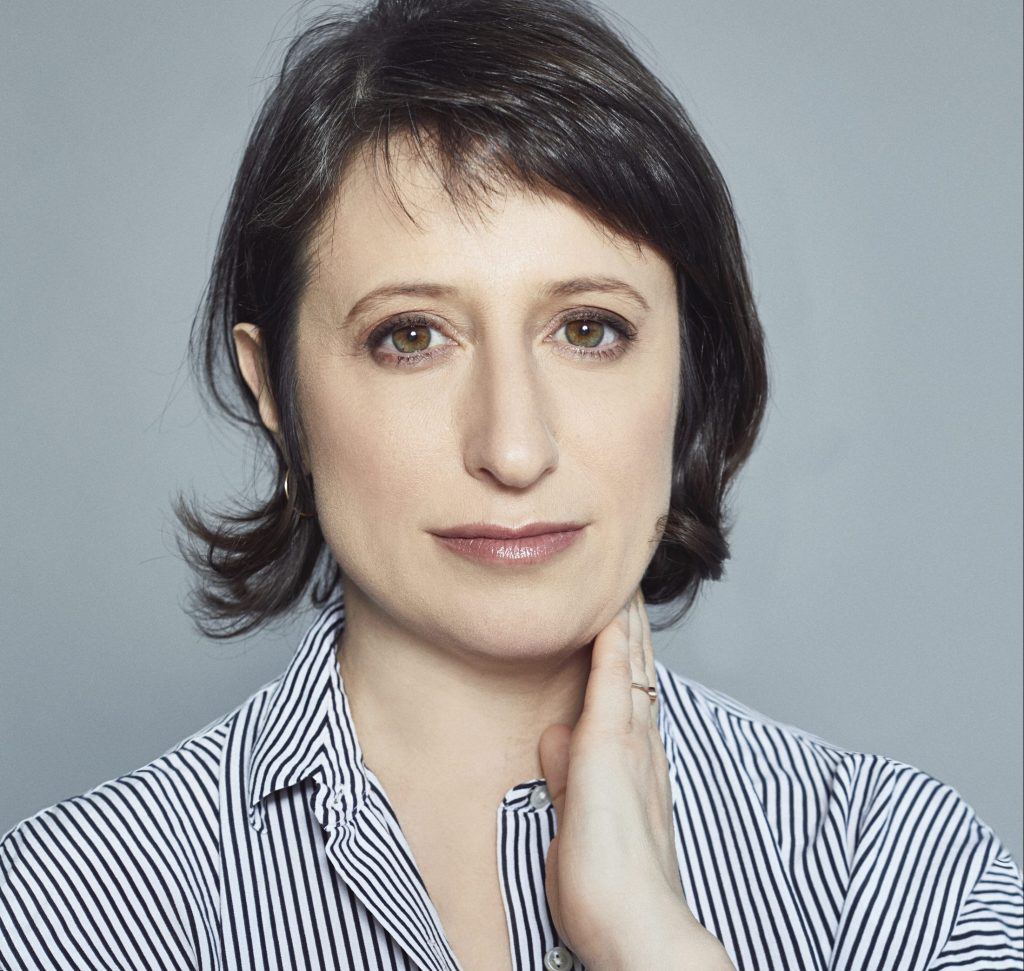
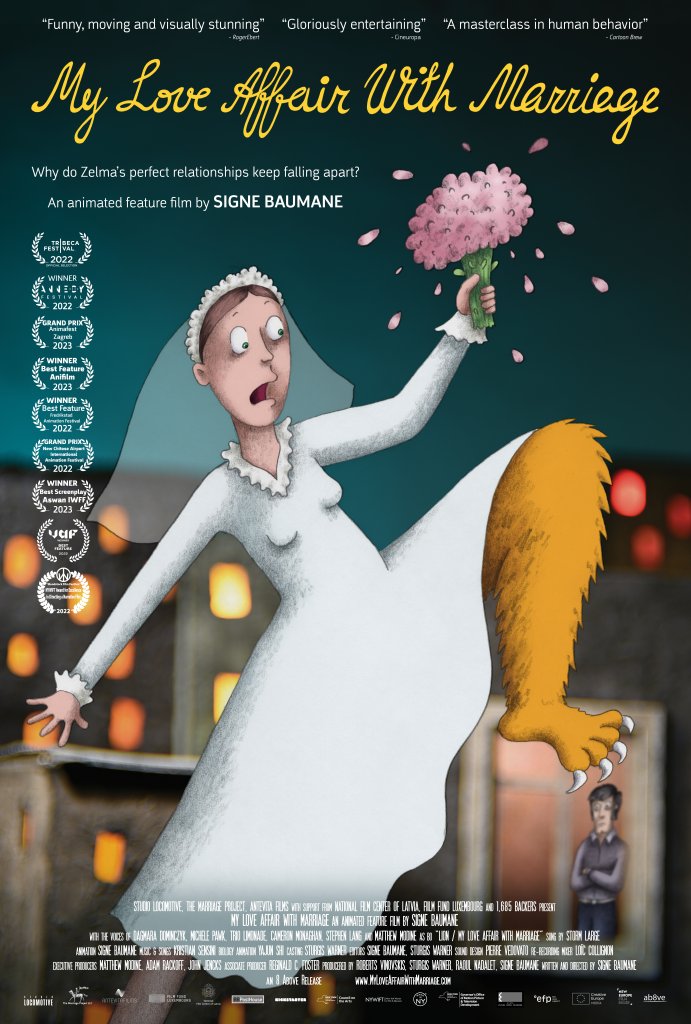
Responses